Table of Contents
India has a wealth of talented female scientists who have made remarkable contributions to various scientific fields. Here are ten prominent female scientists from India and detailed descriptions of their inventions or discoveries.
10 Famous Female Scientists in India and Their Inventions
India has a wealth of talented female scientists who have made remarkable contributions to various scientific fields. Here are ten prominent female scientists from India and detailed descriptions of their inventions or discoveries.
1. Asima Chatterjee
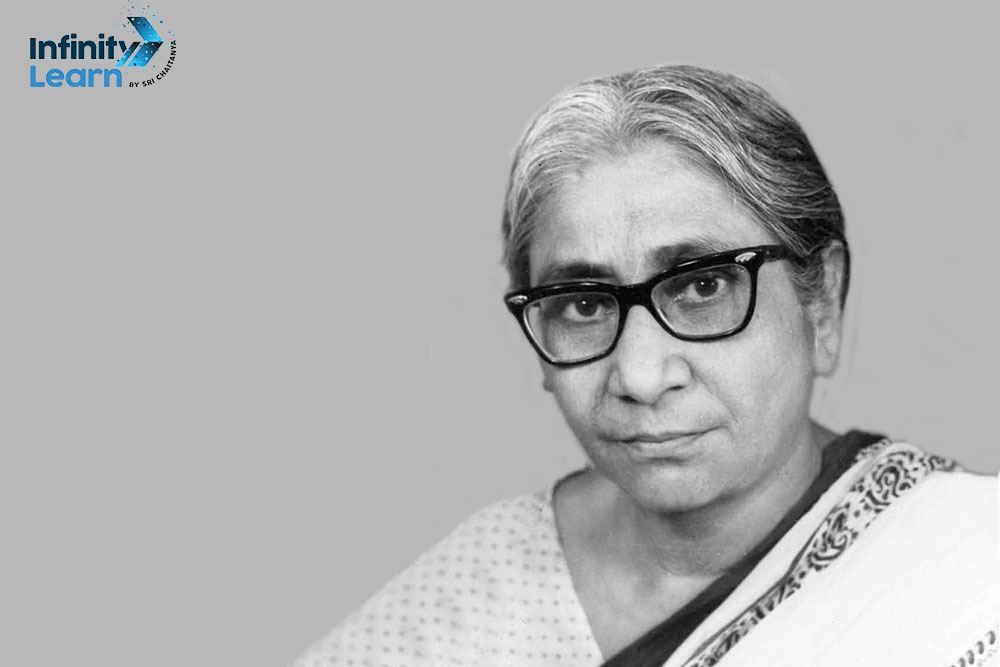
- Field: Organic Chemistry
- Invention/Discovery: Development of anti-malarial and anti-epileptic drugs
Asima Chatterjee made significant strides in the field of organic chemistry, particularly with her work on alkaloids and coumarins. Her research led to the development of anti-malarial drugs that have been used to treat millions of patients worldwide. Additionally, she developed anti-epileptic drugs that have contributed to better management of epilepsy. She faced initial challenges in drug synthesis and stability, which required extensive research and experimentation to overcome.
2. Janaki Ammal
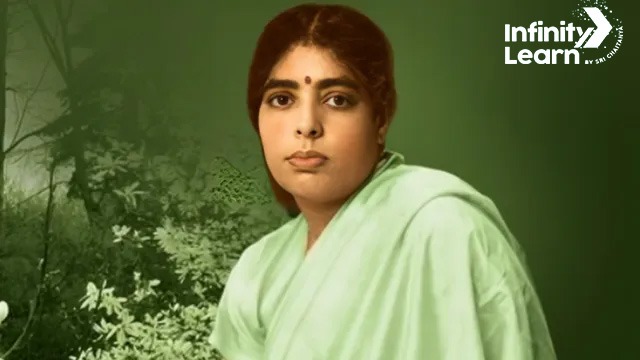
- Field: Botany
- Invention/Discovery: Research on sugarcane and brinjal (eggplant) cytogenetics
Janaki Ammal work in cytogenetics, particularly with sugarcane and brinjal, led to significant advancements in agricultural science. Her research helped improve the yield and quality of these crops, making them more resilient and productive. Her contributions were initially underappreciated in a male-dominated scientific community.
3. Tessy Thomas
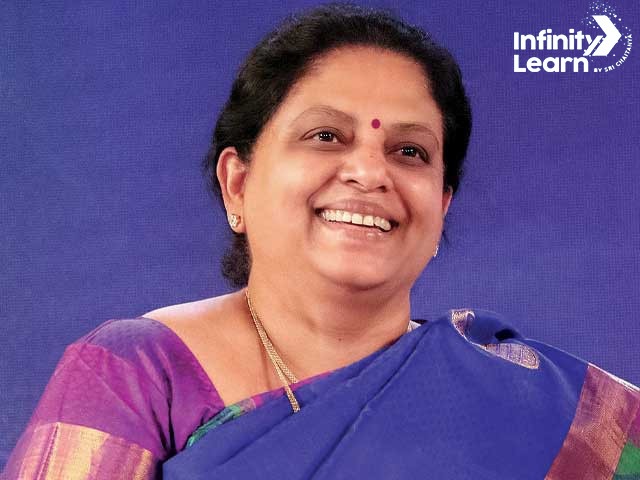
- Field: Missile Technology
- Invention/Discovery: Development of Agni-IV and Agni-V missiles
Tessy Thomas, known as the “Missile Woman of India,” played a crucial role in the development of the Agni-IV and Agni-V missiles. These missiles are part of India’s strategic defense systems and represent significant technological advancements in missile technology. The development process faced initial test failures and technical challenges that required innovative solutions.
4. Darshan Ranganathan
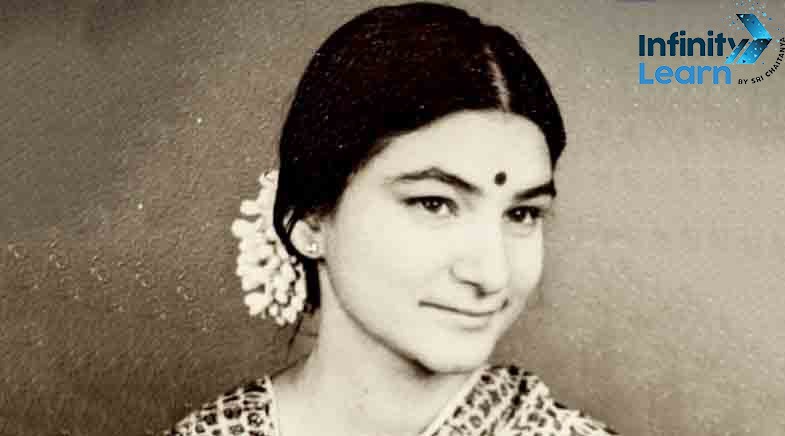
- Field: Organic Chemistry
- Invention/Discovery: Research in protein folding and molecular design
Darshan Ranganathan made notable contributions to the understanding of protein folding and molecular design. Her work has implications for various fields, including biotechnology and pharmaceuticals, where protein behavior is critical. She encountered setbacks in achieving reproducible experimental results, necessitating meticulous research and verification.
5. Kalpana Chawla
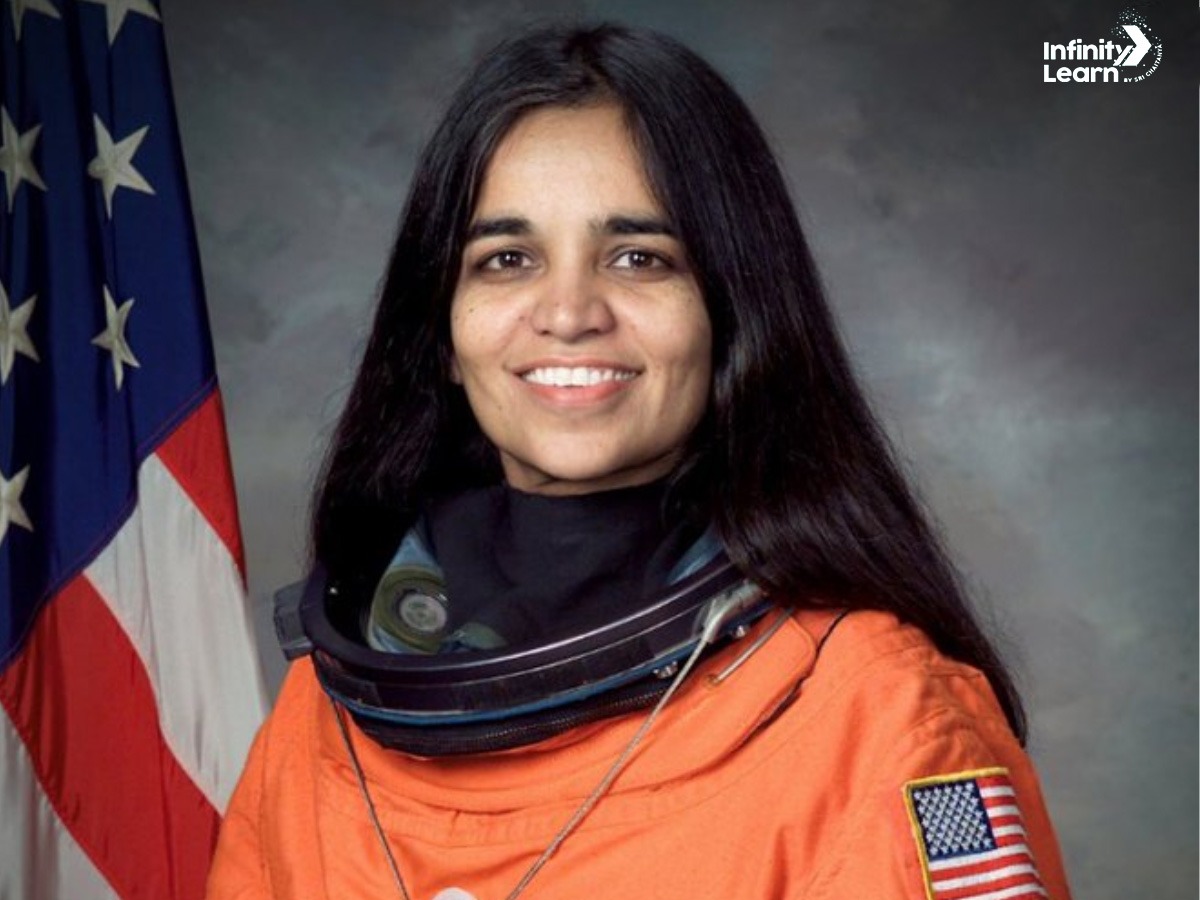
- Field: Aerospace Engineering
- Invention/Discovery: Contributions to space missions (STS-87, STS-107)
Kalpana Chawla was an astronaut who flew on the Space Shuttle missions STS-87 and STS-107. Her work contributed to various scientific experiments conducted in space. Tragically, the STS-107 mission ended in the Columbia disaster, highlighting the inherent risks of space exploration. The Columbia disaster underscored the challenges and dangers associated with space missions.
6. Rohini Godbole
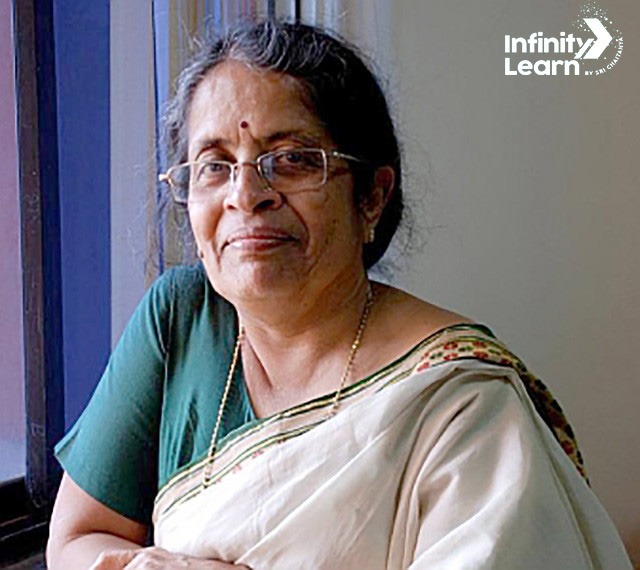
- Field: Particle Physics
- Invention/Discovery: Contributions to understanding the Higgs Boson and particle interactions
Rohini Godbole research in particle physics has been instrumental in the study of the Higgs Boson and other particle interactions. Her work has contributed to the broader understanding of fundamental particles and the forces that govern them. Initial computational and experimental challenges required innovative approaches to data analysis and interpretation.
7. Aditi Pant
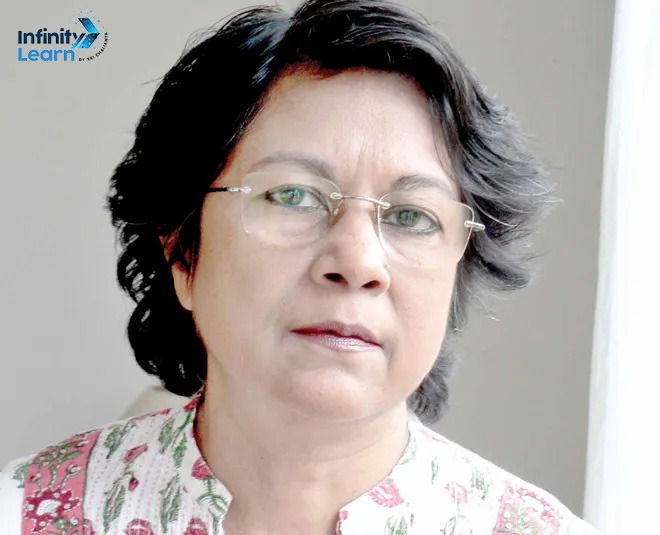
- Field: Oceanography
- Invention/Discovery: Studies on marine plankton and Antarctic ecosystems
Aditi Pant’s research has provided valuable insights into marine plankton and the ecosystems of Antarctica. Her work has implications for understanding climate change and its impact on marine life. Conducting research in harsh environmental conditions posed significant logistical and technical difficulties.
8. Indira Hinduja
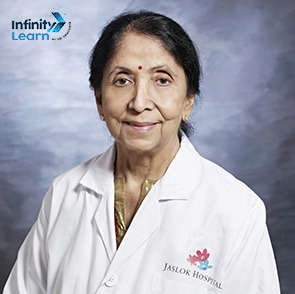
- Field: Gynecology
- Invention/Discovery: Development of India’s first test-tube baby
Indira Hinduja was a pioneer in reproductive medicine, leading to the birth of India’s first test-tube baby in 1986. Her work in in-vitro fertilization (IVF) has helped countless couples achieve parenthood. The development of IVF faced ethical and technical challenges, which required careful navigation and innovation.
9. Shubha Tole
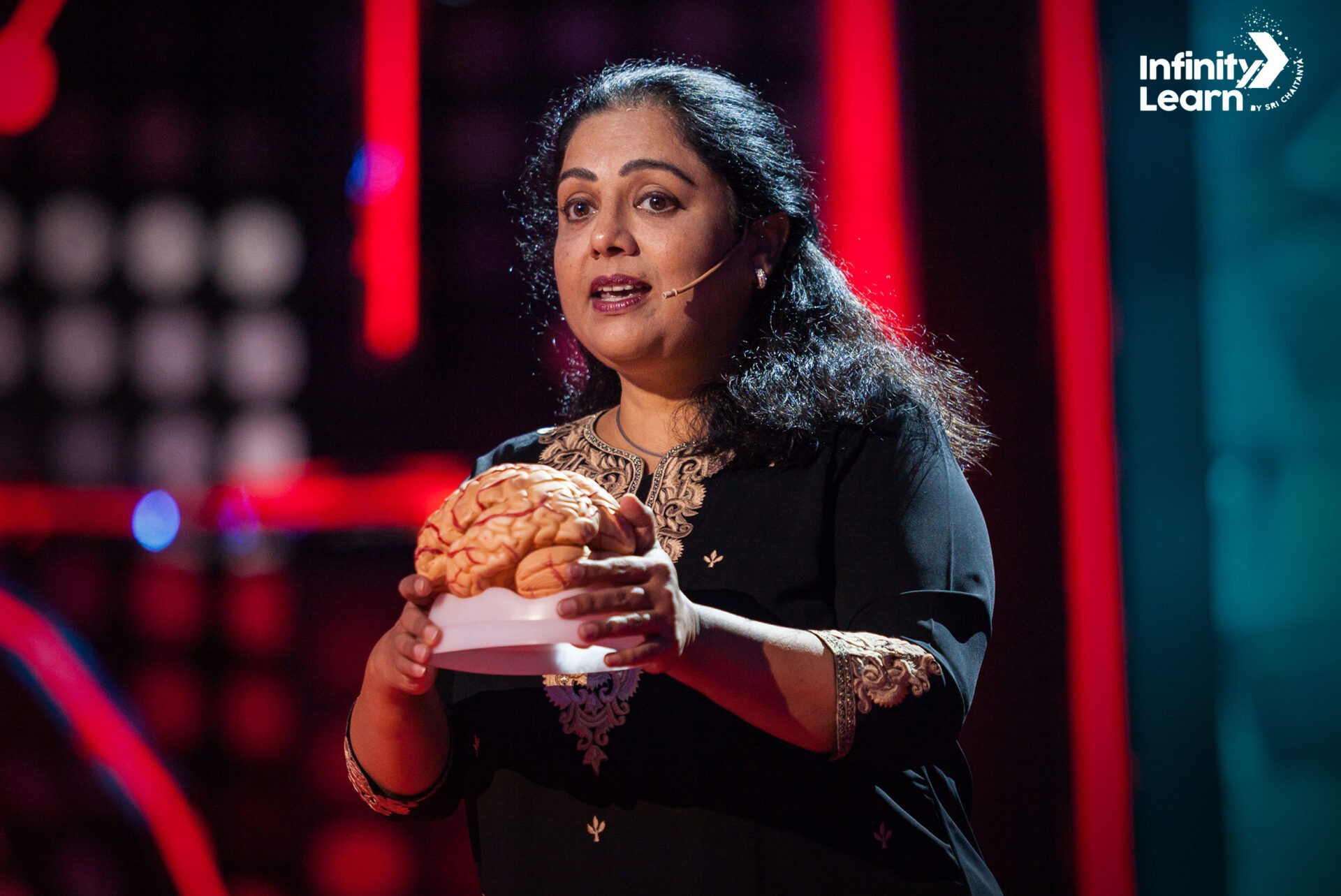
- Field: Neuroscience
- Invention/Discovery: Research on brain development and the hippocampus
Shubha Tole’s work focuses on the development of the brain, particularly the hippocampus. Her research has implications for understanding neurological diseases and brain development disorders. Securing funding and resources for her research was initially challenging.
10. Gagandeep Kang
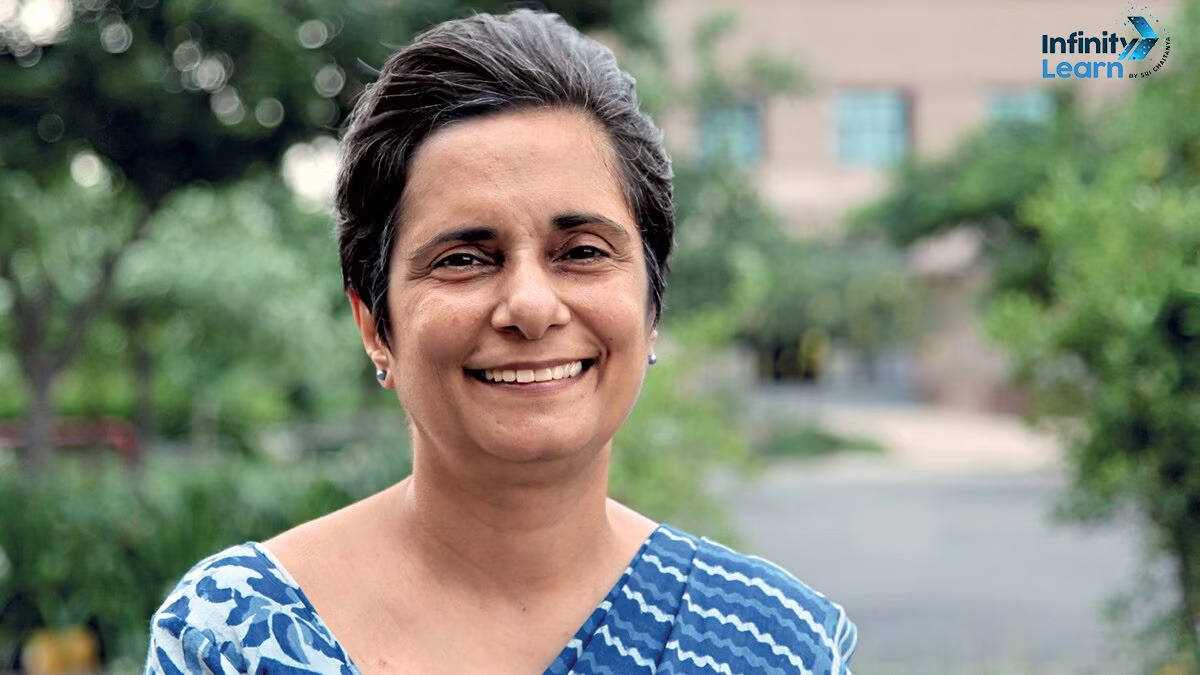
- Field: Microbiology
- Invention/Discovery: Research on rotavirus vaccines
Gagandeep Kang’s research has been pivotal in the development of rotavirus vaccines, which are crucial in preventing severe diarrhea in children. Her work has significantly contributed to public health, particularly in developing countries. The development of these vaccines faced regulatory and clinical trial challenges that required extensive research and collaboration.
Most Famous Female Scientists- Inventions and Failures
| Scientist | Field | Invention/Discovery | Date of Invention/Discovery | Failure |
| Asima Chatterjee | Organic Chemistry | Anti-malarial and anti-epileptic drugs | 1940s-1950s | Challenges in drug synthesis and stability |
| Janaki Ammal | Botany | Research on sugarcane and brinjal cytogenetics | 1930s-1950s | Limited acceptance in scientific community |
| Tessy Thomas | Missile Technology | Agni-IV and Agni-V missiles | 2009, 2012 | Initial test failures |
| Darshan Ranganathan | Organic Chemistry | Protein folding and molecular design | 1980s-1990s | Experimental reproducibility |
| Kalpana Chawla | Aerospace Eng. | Space missions (STS-87, STS-107) | 1997, 2003 | Columbia disaster in STS-107 |
| Rohini Godbole | Particle Physics | Higgs Boson and particle interactions | 1980s-present | Computational and experimental challenges |
| Aditi Pant | Oceanography | Marine plankton and Antarctic ecosystems | 1980s-1990s | Harsh environmental conditions |
| Indira Hinduja | Gynecology | India’s first test-tube baby | 1986 | Ethical and technical challenges in IVF |
| Shubha Tole | Neuroscience | Brain development and hippocampus research | 2000s-present | Funding and resource difficulties |
| Gagandeep Kang | Microbiology | Rotavirus vaccines | 1990s-present | Regulatory and clinical trial challenges |
FAQs on female scientists in India
Who is the best female scientist in India?
One of the best female scientists in India is Asima Chatterjee, known for her pioneering research in organic chemistry and development of anti-malarial and anti-epileptic drugs .
Who is the first Indian woman scientist?
The first Indian woman scientist is Janaki Ammal, who made significant contributions to botany and cytogenetics, particularly in sugarcane and brinjal research.
Who is the mother of science in India?
Asima Chatterjee is often referred to as the mother of science in India due to her extensive contributions to organic chemistry and her role in developing important pharmaceuticals .
Has any Indian won the Nobel Prize?
Yes, several Indians have won the Nobel Prize, including Rabindranath Tagore in Literature (1913), C.V. Raman in Physics (1930), and Amartya Sen in Economic Sciences (1998) .
Beta feature
Beta feature









